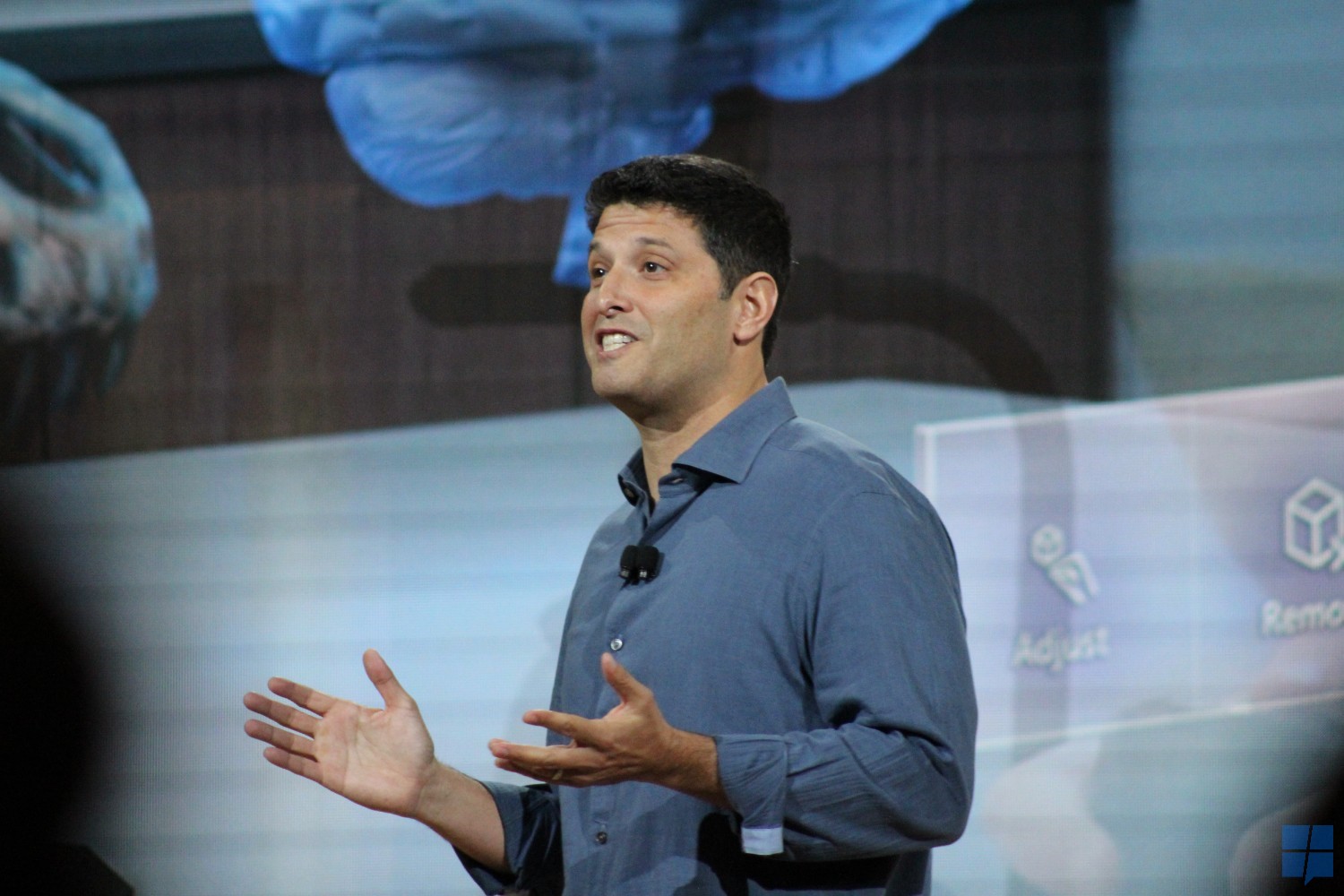Outgoing Windows chief blames Windows Phone's failure on Windows CE

Much has been written about the failure of Windows Phone, but we often hear a version closer to the truth when staff leave Microsoft than while they are still in the employment of the Seattle software giant.
One of the biggest departures in recent years from the Windows software team has been Terry Myserson, who has been head of Windows and Windows Phone variously since 2008.
Writing his own eulogy on LinkedIn, he remarks on the challenge and failure of Windows Phone by saying:
Then came October 2008. Over a year earlier, just prior to the iPhone launch, I was personally involved in negotiating the Exchange ActiveSync license with Apple. I was carrying a 2007 v1 iPhone (which I still have in my office today). I was an outspoken lover of smartphones and knew how important they would be. Enabling mobile connectivity was a key focus of Exchange. Android launched that September. But what I remember most vividly, was the Friday when Andy Lees and Robbie Bach asked me to lead Windows Mobile. I knew we had so much work to do on our non-touch no-app-store Windows Mobile effort. I was honored, and more than a little terrified. 10 days later my office moved across campus.
The Windows Phone experience was incredibly challenging, and much has been written about it – but looking back, I am so proud to have been part of the team….. We innovated in phone user experience. We had innovative plans for the business model that never came to light. We worked hard. Really hard. But the industry moved forward faster than we could catch up.
Looking back at this phase of my career, my biggest learnings were that success requires a special composition of business model, user experience, and technology. We had a differentiated experience, but it’s so clear in hindsight that the disruption in business model which Android represented was enormous, and that building our early versions of Windows Phone on an incomplete Windows CE platform, designed for small embedded systems, left us too hobbled to ever catch up.
Somewhat self-congratulatory, Myerson goes on to suggest that Microsoft deserves credit for at least trying and failing, vs not attempting all.
Having been there in the day, I am not sure why Myerson called out the Windows CE kernel in particular as “hobbling” Windows Phone. The kernel was only present in Windows Phone 7 and 7.5, as Windows Phone 8 ran on the Windows NT kernel. I suspect the business model issue, where Microsoft charged OEMs a software license while Android was free, was a much bigger issue and one which would have been incredibly easy to fix, so certainly one which the leadership should take responsibility for.
Of course, Myerson will know better than us exactly what prevented Windows Phone from being more competitive, but I suspect the truth is unlikely to come from those who were directly responsible for the success or ultimately failure of the mobile operating system.
Read Myerson’s full post on LinkedIn here.
Read our disclosure page to find out how can you help MSPoweruser sustain the editorial team Read more




User forum
0 messages